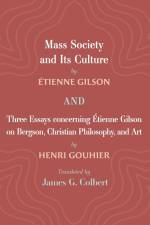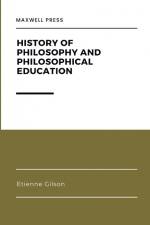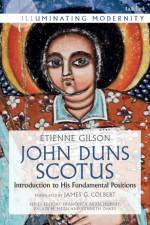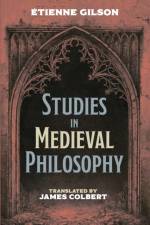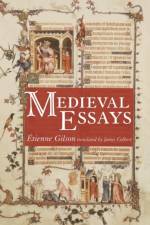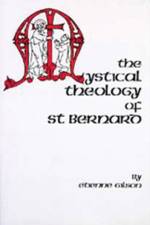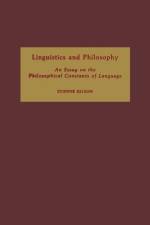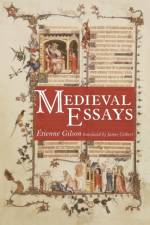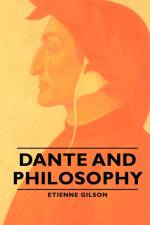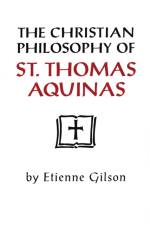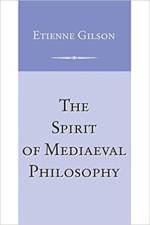von Etienne Gilson
48,00 €
This book is a collection of nine articles by the twentieth century''s leading medievalist, Etienne Gilson. A major participant in the revival of Thomistic philosophy, Gilson was a member of the French Academy and, after a university career culminating at the Sorbonne and the College de France, he turned down an invitation from Harvard University to become the guiding spirit of the Pontifical Institute of Medieval Studies at the University of Toronto for several decades. Several of the articles stand on their own as making a significant contribution to topics like St. Anselm''s ontological argument for the existence of God. Likewise, ""The Middle Ages and Naturalism"" contrasts Renaissance Humanists and Reformers with the medievals on the defining issue of their attitude toward nature in order to understand who actually stands closer to the ancient Greeks.All of the articles give an insight into the great synthetic visions articulated by the better-known works of Gilson like The Spirit of Medieval Philosophy. We see Gilson''s meticulous spadework for the broader theme of Christian philosophy in his examination of the Latin Averroist Boethius of Dacia''s book on the eternity of the world. Gilson finds that Boethius never expresses the view attributed to Latin Averroism that there are contradictory truths in religion and philosophy, although he does think that Boethius is unsuccessful in his account of the relations between philosophy and theology. The opening piece revisits a battle now won (and won in great measure by Gilson''s efforts), namely the fight to acknowledge the very existence of medieval philosophy and win its place in the academic world. But the article also makes the effort--which becomes a connecting thread throughout the nine articles-to pinpoint the uniqueness of what Gilson calls Christian philosophy. The closing article studies the profound influence of the great Muslim thinker Avicenna on Latin Europe drawing a parallel between Avicenna''s work and that of the great Christian medievals like Thomas Aquinas and Duns Scotus.When Gilson died in 1978, a great deal of his work on the history of philosophy, and specifically God, the primacy of existence or esse over essence, and the impact of Christianity on philosophy had been translated. A significant amount of material, however, has not yet appeared in English. The publication of Medieval Studies represents a vital step in bringing these important works into the English-speaking world. ""Back in the days before Vatican II, when Catholic students of philosophy were trying to understand manuals such as the ones written, say, by the Benedictine, Joseph Gredt, OSB, while their contemporaries at secular schools were excited by existentialism or phenomenology or analytic philosophy, they would turn to the works of Etienne Gilson. In my recollection, Gilson''s luminous historical works helped them both to understand Aquinas and to situate his thought in relation to such modern philosophers as Descartes, Hume, and Kant intelligently and without distorting caricature. Turning to these Medieval Essays with a certain sentiment of nostalgia, then, I marveled to encounter the subtle scholarship, the wide-ranging erudition, and the detailed knowledge of the authors and texts in relation to issues that still burn today. Gilson''s even-handed defense of the study of medieval philosophy is imbued with an understanding of the justice of the Renaissance and Enlightenment complaints against scholastic thought; but it takes the readers by the hand and leads them into an utterly refreshing appreciation of those old authors and texts that is rarely, if ever, matched in the depth of its gratitude to his masters and in its profound courtesy towards those with whom he disagrees. These essays take the readers back to school and offer the opportunity to experience the thrill of discovery even with regard to texts and issues with which they may have had a great familiarity.""--Frederic

